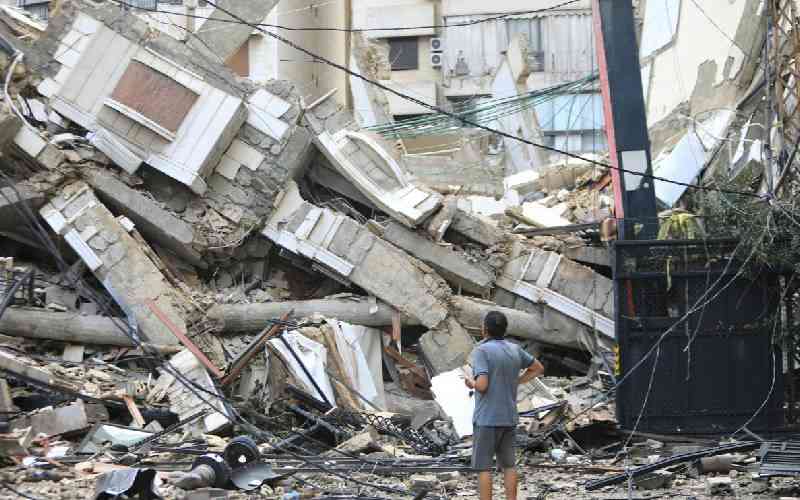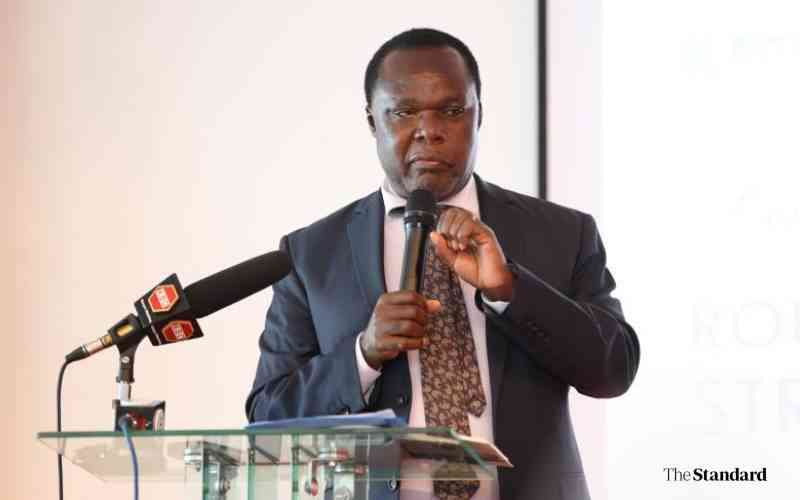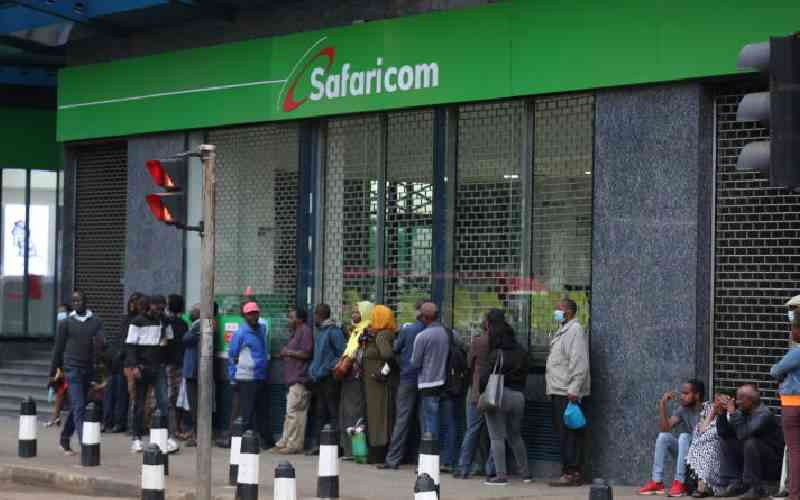Why blended finance is gaining traction in Kenya's search for sustainable funding
Across Africa, blended finance has been promoted as a response to a widening development financing gap, particularly in infrastructure and climate-related projects.
Business








